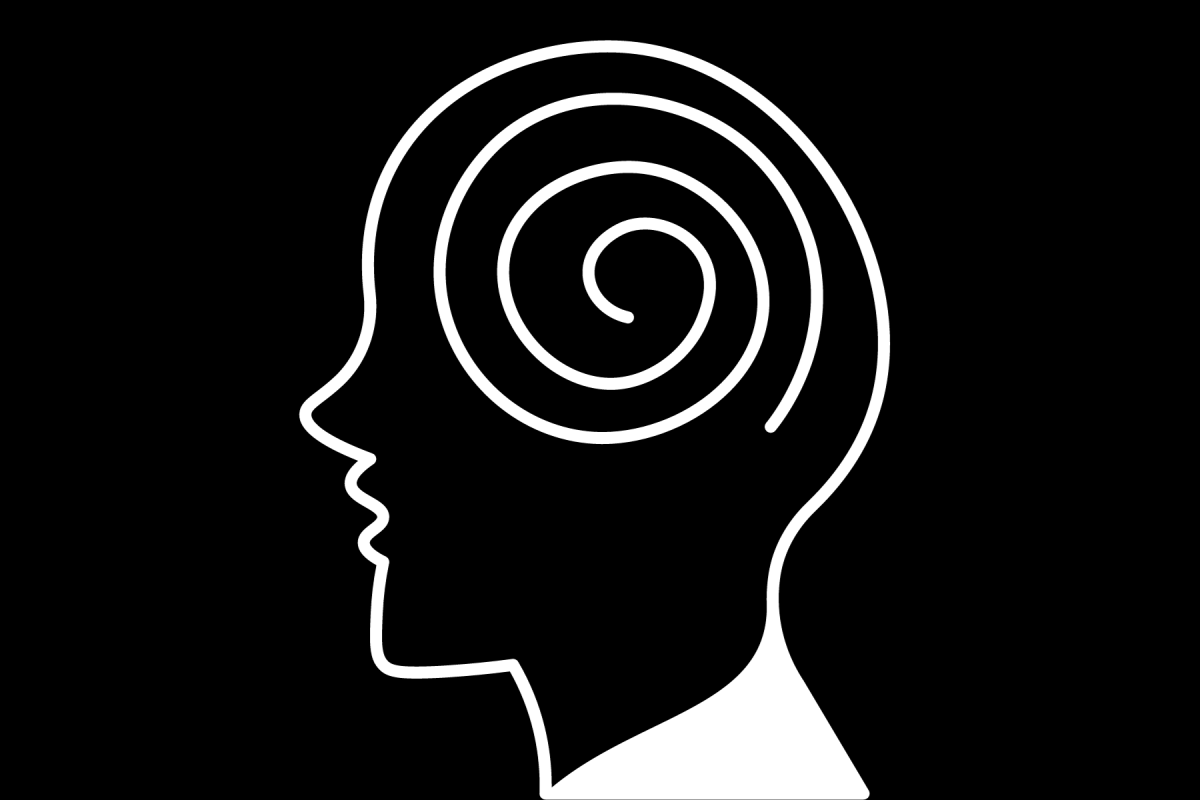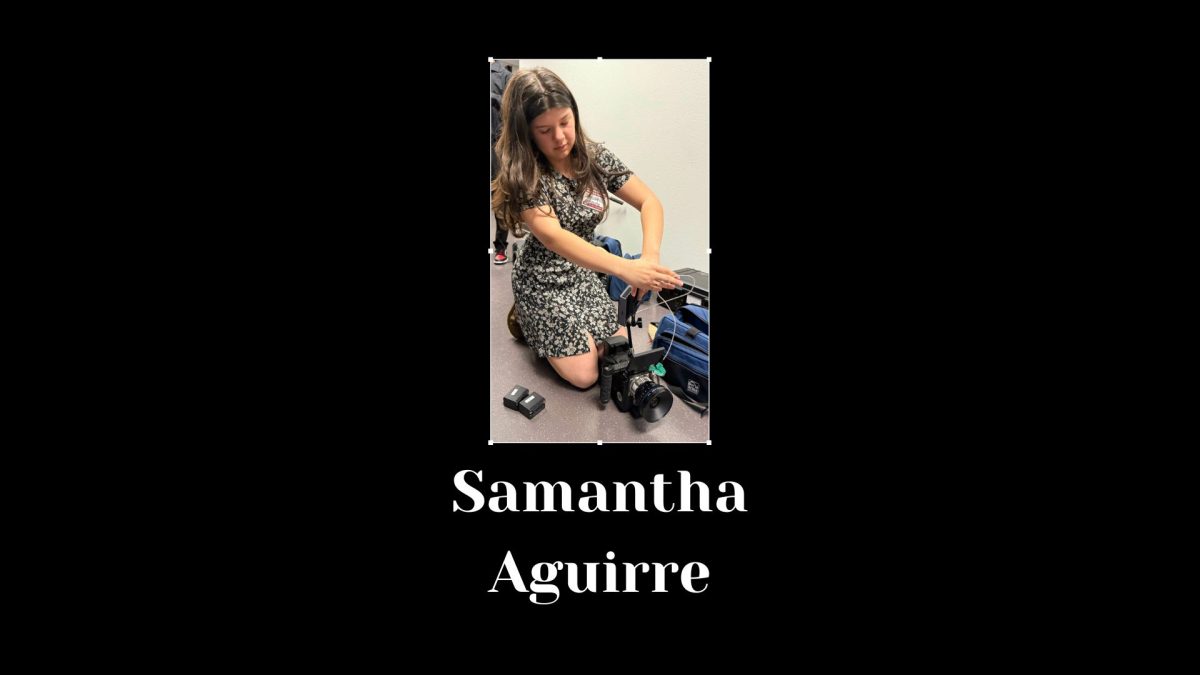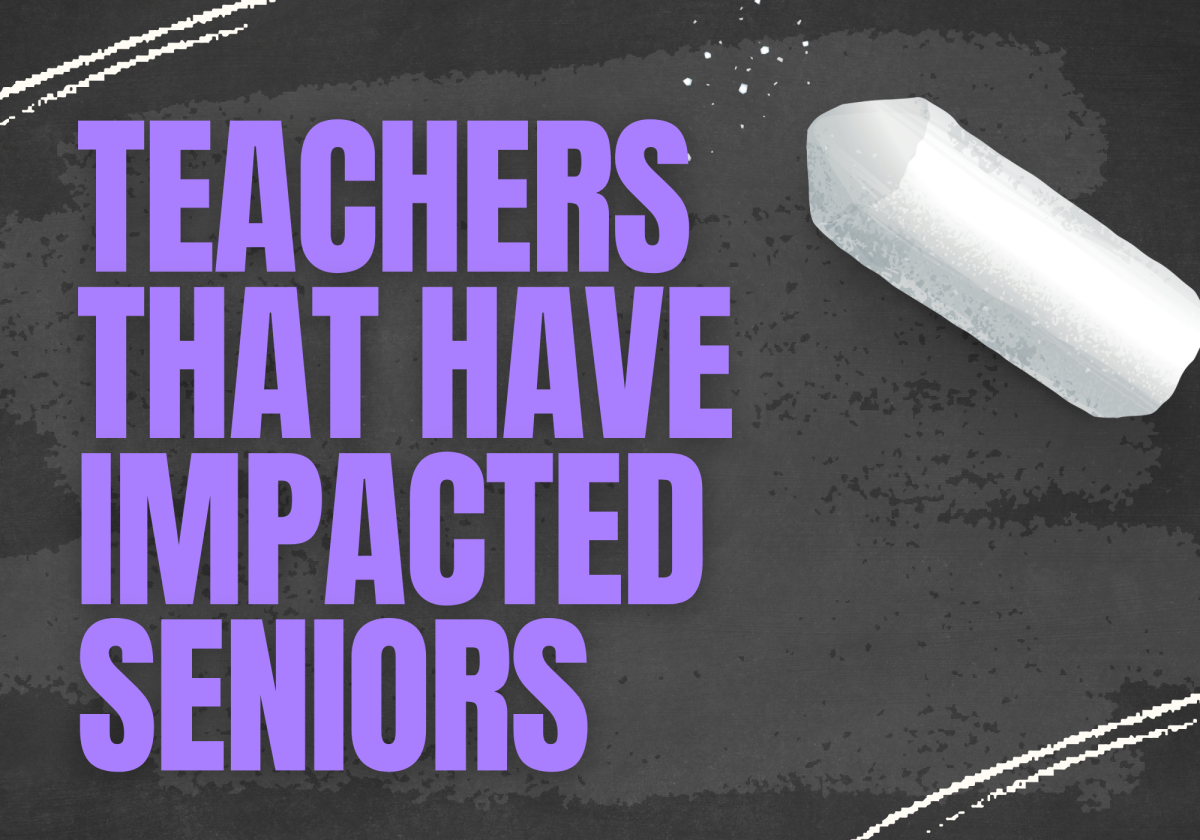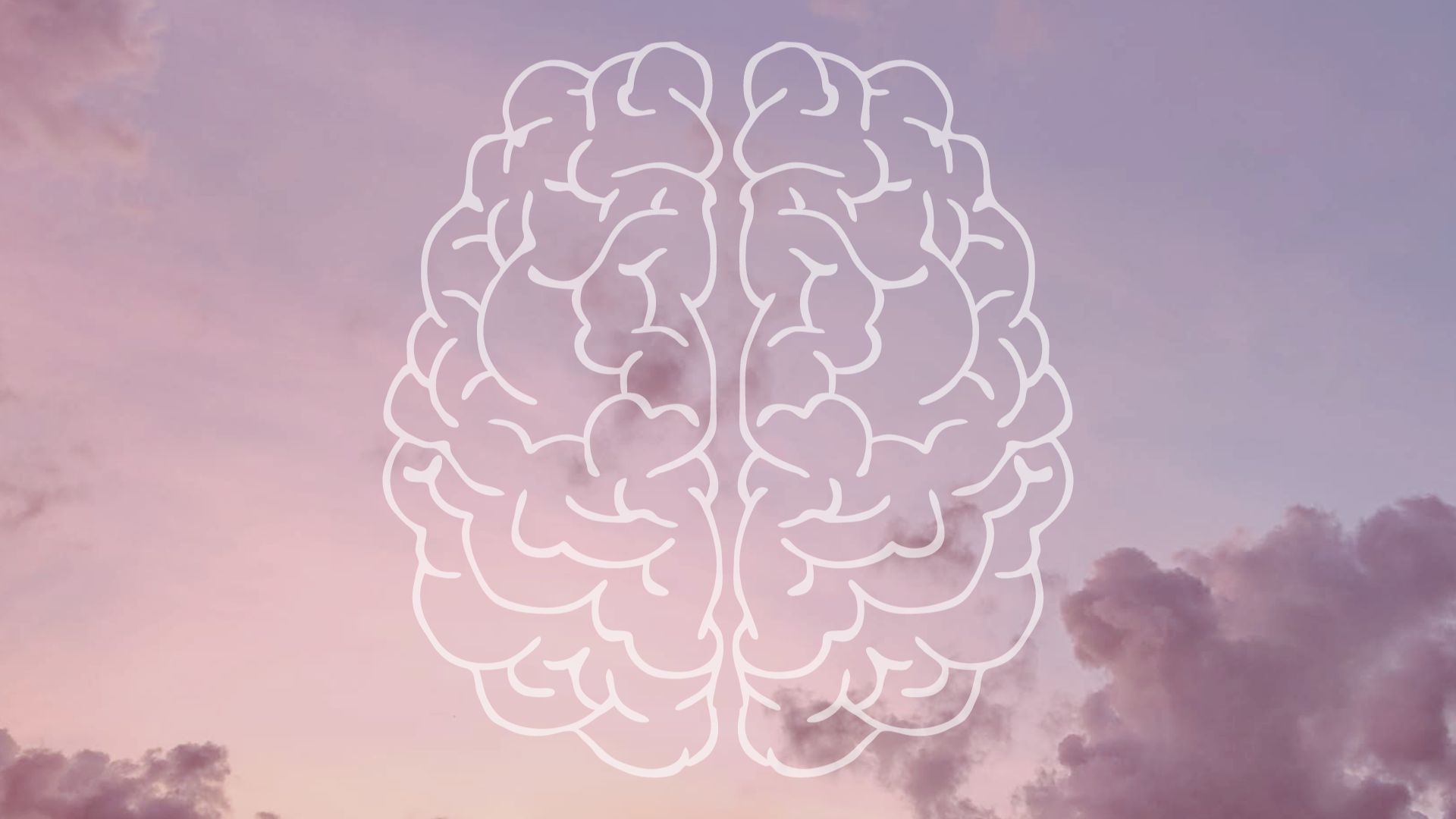
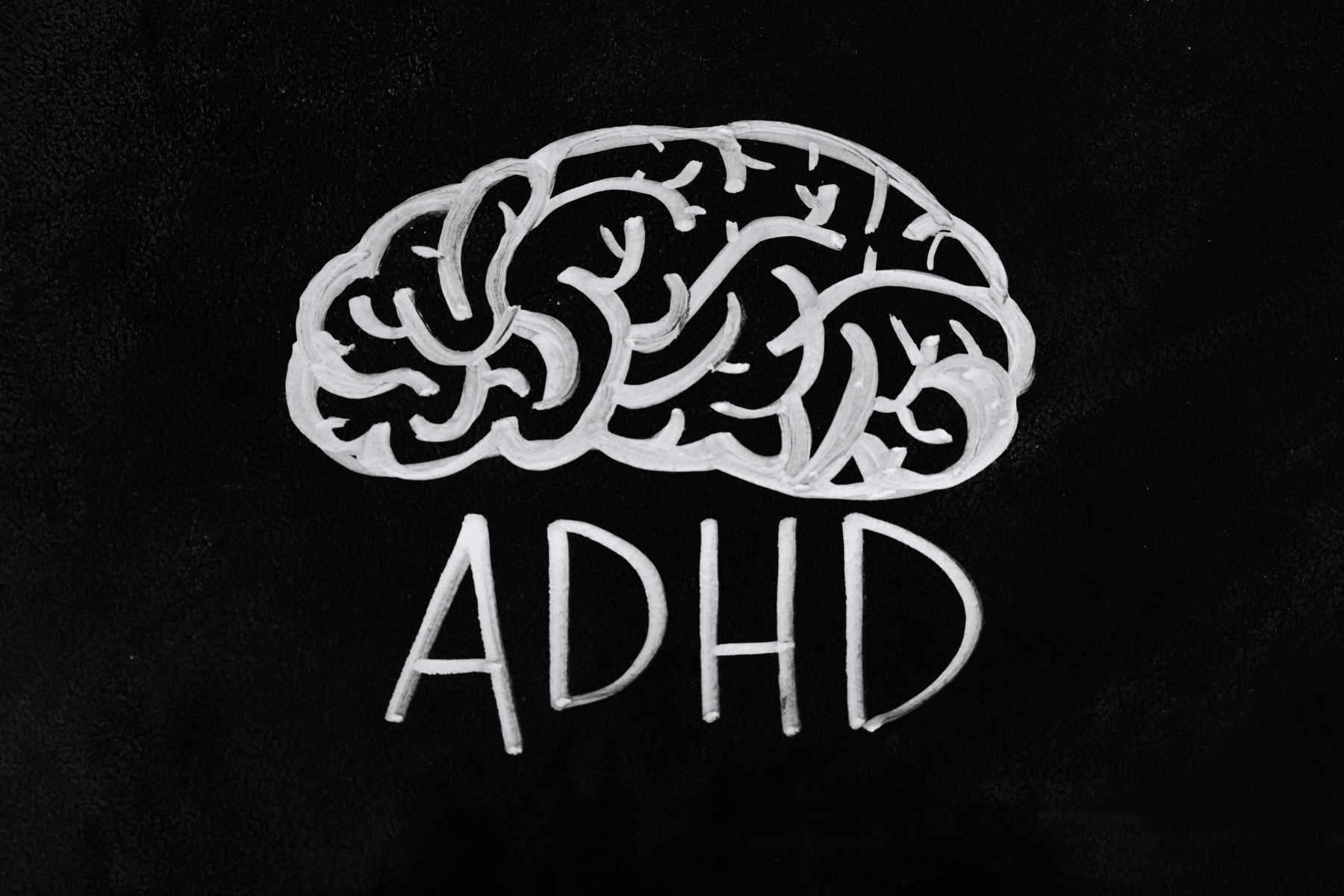
Since 2004, October has been recognized as ADHD Awareness Month. ADHD (Attention-Deficit Hyperactivity Disorder) is a condition in which people have struggles regulating functions such as managing impulses, sensory input, emotions, concentration, and motivation.
ADHD is nothing new.
The first medical documentation of disorders resembling ADHD was documented by Scottish physician Sir Alexander Crichton, in 1798. While it did not have a name at the time, the symptoms documented were remarkably similar to the current DSM-5 diagnostic criteria for ADHD.
To put that into perspective, DNA was not discovered until the 1860s, hormones were not discovered until 1902, and the risks of smoking were not documented until the 1950s. ADHD was known about and medically recorded over 150 years before people realized that inhaling carcinogens would lead to cancer.
Despite the centuries-long history of ADHD, it is still an incredibly misunderstood, stigmatized, and misrepresented disorder; this is why there is an ADHD Awareness Month. There is still much that needs to be done in order for people with ADHD to be understood, respected, and able to get the help they need.
There are many harmful stereotypes that stigmatize ADHD, such as that people who have it are just “lazy” and “unmotivated,” or that they’re faking their disability. These statements are false; the ADHD brain does not properly produce the hormones that neurotypical individuals, whether they realize it or not, rely on in order to function.
According to the National Library of Medicine, the disorder stems from the brain having difficulties with producing and processing essential neurotransmitters such as serotonin and dopamine.
Serotonin helps to regulate mood stabilization, cognition, learning, memory, and sleep.
Dopamine, commonly known as the “happy chemical,” likewise affects these functions, as well as concentration and bodily movements.
As one could likely infer, an inability to properly produce important hormones leads to problems that can impact all aspects of a person’s life. The struggles caused by ADHD are why it is classified by the DSM-5 as a neurodevelopmental disorder.
Another misconception with ADHD is that people who have it are unintelligent; this couldn’t be further from the truth. In fact, many studies have suggested a correlation between being “academically gifted” and having ADHD. Many adolescent symptoms of ADHD (such as creativity, craving challenging or stimulating work, and questioning authority figures) are traits that are likewise observed in most “gifted” students.
Furthering that ADHD is not a sign of unintelligence, take for example Ms. Elysa Matineau, English teacher and director of Academic Decathlon, who has ADHD and has dealt with its struggles.
“I did okay with school, never great grades,” Matineau said. “My grades were meh, but when Covid hit- and I have two kids- trying to do my work when I had two children involved was almost near impossible.”
As a hard-working teacher, Acadec coach, and mother of two, it goes without saying that Martineau isn’t “lazy” or “unmotivated” in any way. She puts in as much (if not, more) effort than most people, it’s just that her efforts are expressed and manifested differently.
“In college, what I would do I’d lay all my homework out on the ground, and I’d start working on something and as soon as I couldn’t focus on that anymore I’d stand up, walk around, and sit at the next thing,” Martineau said.
This method was to keep her mind engaged in the tasks that she had to accomplish, allowing her to visualize what she needed to get done and not get bored with any one thing. She described it as, “something fresh, allowing my mind to refocus.”
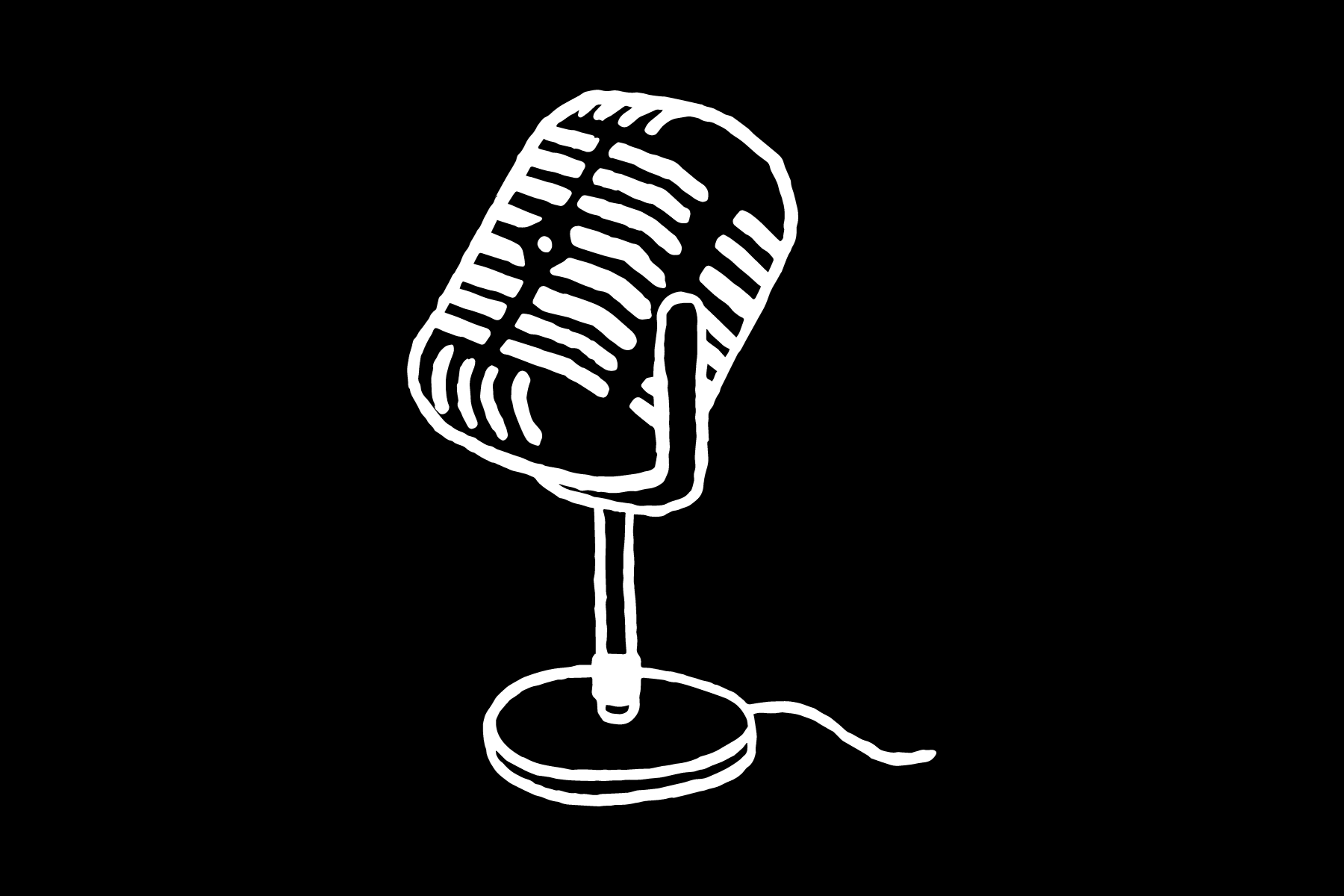
Everybody experiences and manages ADHD differently. It’s a disorder that comes in a spectrum; there is no “one way” that ADHD presents.
For RCHS senior Mihlo Green (he/they) who was diagnosed by a neuropsychologist in October of 2021, they experience symptoms like difficulties with attention (inattentiveness and hyperfixations) and sensory issues.
While inattentiveness in ADHD is well-documented and widely acknowledged by the public, hyperfixations fly under most peoples’ radar.
Hyperfixations are a common attribute of ADHD, as well as autism. Due to the dopamine-seeking nature of the ADHD brain, a person with ADHD can develop a hyperfixation on certain subjects, projects, pieces of media, hobbies, etc. Think of it like having an intense craving for a specific activity, which is known as the state of hyperfocusing.
Hyperfixations are not the same as interests. Interests are things that anybody can experience when they have a liking to a subject. Hyperfixations are the result of the dopamine-starved brain influxing massive levels of the neurotransmitter when exposed to certain stimuli.
“There’s the days where I’m so hyper-focused on something I’m interested in that it will become the sole thought for hours on end,” Green said, when explaining their experiences with hyperfixations. “I can build stories for hours, or if someone’s interested, info-dump about one specific topic and tell them every single detail of that thing.”
When discussing the harmful stereotypes of ADHD, Green elaborated on the aforementioned disparity between the recognition of inattentiveness and the recognition of hyperfocus.
The only well-known type of ADHD is Hyperactive ADHD. However, there are currently three medically-recognized subsets of the disorder: Hyperactive, Inattentive, and Mixed Presentation. The three subsets have significant differences.
With Hyperactive ADHD, people struggle with fidgeting, stimming, and impulsivity often caused by a need to regulate and serve their fried nervous system.
In Inattentive ADHD (the type which Green is diagnosed with), however, people aren’t hyperactive, but they are more prone to having difficulty focusing, and they will zone out more and be more easily distracted.
Finally, Mixed-Presentation ADHD is a mix of the two previous types, where both symptoms of hyperactivity and inattentiveness are displayed.
The struggles with ADHD typically don’t stop at just having to navigate its symptoms. Many people face struggles in academic situations, especially when trying to receive accommodations for their disorder.
“I have had a rather hard time with school administrations when enforcing my 504 Accommodation Plan,” Green said. “I’ve had to fight with teachers who liked to pick and choose what accommodations they wanted to enforce and to what degree. I’ve been made to explain my disability in front of the class and explain why I need my accommodations, which I find utterly ridiculous and frustrating because it is the teachers’ job to… follow the accommodations… [and] it’s a legally-protected right.”
That’s right; 504s and IEPs are legally binding documents. According to federal law, failure to comply with 504 Plans and IEPs is considered discrimination against a disabled student.
Green’s academic anecdote isn’t an uncommon experience. Many students with ADHD and other neurodevelopmental disorders have dealt with issues pertaining to teachers not abiding by the students’ accommodation plans.
This is a part of why ADHD awareness is so important. Children in schools and adults in the workplace still are forced to fight in order to advocate for themselves and receive the help that they need, be it academically, medically, or otherwise.
Despite these hardships, Green doesn’t have a negative outlook on having ADHD itself.
“ADHD isn’t an end-all be-all,” Green said. “And while it may be challenging day-to-day, your brain is quite literally built differently, which is pretty cool to think about.”
It’s an almost universal experience for those with ADHD to struggle with balancing their personal and school lives; due to an uptick in knowledge and awareness of the disorder, academic institutions have begun providing more resources for students to manage. One of the resources available at RCHS is the wellness center.
The wellness center is a welcoming, quiet area for students. The atmosphere is relaxingly dim, with string lights along the walls, and diffusers that quietly spill vapor from their spouts. It’s a place where students can find resources and support for their well-being. They can drop by for however long they need, either in silence or with a school therapist to discuss their emotional/mental health.
“First is we wanna make sure they’re in touch with their emotions,” Josh Cunningham, a therapist at the Wellness Center, said. “They can become flustered just as anyone can be with challenges they experience and so once we kindly help them build skills to work through these emotions.”
As far as it relates to academics, there are resources available to assist students with ADHD (whether they are officially diagnosed, or suspecting that they may have the disorder). Some of the most important of these resources are accommodation plans; IEPs and 504s. But what are they?

Another form of help is IEPs and 504 plans. Ms. Conceta Aguilera, a counselor at RCHS, explained the purpose of the academic accommodation plans.
An IEP (Individualized Education Plan) is a program that ensures that a student with a disability (mental or physical) is provided with additional permissions and resources to help navigate the struggles the disability presents.
504 plans, while similar to IEPs, are somewhat different.
“504’s are basically for students who don’t qualify under… ‘The Federal Disability Act’,” Aguilera said. “504 students may qualify because they don’t have a learning disability, but there’s something else challenging… their learning.”
Here are some examples of IEP and 504 accommodations generally given to students with ADHD:
- Extended due dates on assignments
- Having access to a notecard of information for quizzes/tests
- Being allowed to sit in a separate, quiet location to focus
- Being allowed the use of noise-canceling headphones/earbuds to reduce excessive noise.
As has been previously stated, it is important to note that, according to the Federal Disability Act, a teacher/academic instructor failing to provide the accommodations listed in the students’ accommodation plan is discrimination against a disabled student. If the student has an IEP/504, their teachers legally cannot refuse to provide the accommodations.
Additionally, IEP and 504 plan accommodations can be used in testing such as PSATs, SATs, AP exams, and during state testing. Students who want their accommodations for these tests should talk to their counselors about how to submit their request for IEP/504 accommodations to CollegeBoard.
Of course, to use these accommodations in different tests, one must actually acquire an accommodation plan. The next segment will explain the process of obtaining one.

The process of obtaining an IEP or 504 may seem complicated at first. However, with knowledge on the process, having a medical diagnosis, and with the help of RCHS staff, it doesn’t have to be a struggle.
“The first thing we want to do is have an SST (Student Study Team) meeting. Before discussing the possibility of a 504 plan or determining if the student qualifies for an IEP,” Aguilera said.
This is the basic process for helping students with ADHD and other disabilities; it all begins with a meeting to figure out their needs, and if they require extra support, they might get either a 504 plan or an IEP.
“During this meeting, we aim to gather as many of the student’s six teachers [as we can], the parents, the counselor, usually the administrator, and the psychologist,” Aguilera said.
Having a large team of people who have observed the student’s performance at home and at school allows them to truly dive into the students’ needs and challenges. Being able to address the issue from many angles helps to create a support plan that covers all of the student’s needs.
“In cases where the teachers cannot attend in person due to different pre-periods, we will send out a survey to ask them questions and gather their input, so that we can have their perspectives in written form when discussing on behalf of the teachers,” Aguilera said. “Then [at the end of the SST process] we’ll decide what support is needed and what offers of support are needed without doing such a formal thing like a 504 or IEP.”
Regarding the process of determining the necessary support for students, it’s important to consider the challenges that Cunninghan made related to strong emotions. Aguilera emphasized the perspective of the SST process in addressing students’ needs even before resorting to more formal interventions like a 504 or an IEP.
“Whether it’s mental health, a diagnosis, or your academic changes or personal family, it can be really hard to deal with and so, social support is the biggest thing you know,” Cunninghan said.
“Making sure you have a community of people you’re close to, accessing us here at the wellness center is good for knowing you’re not alone and that their support for them is helpful.”




